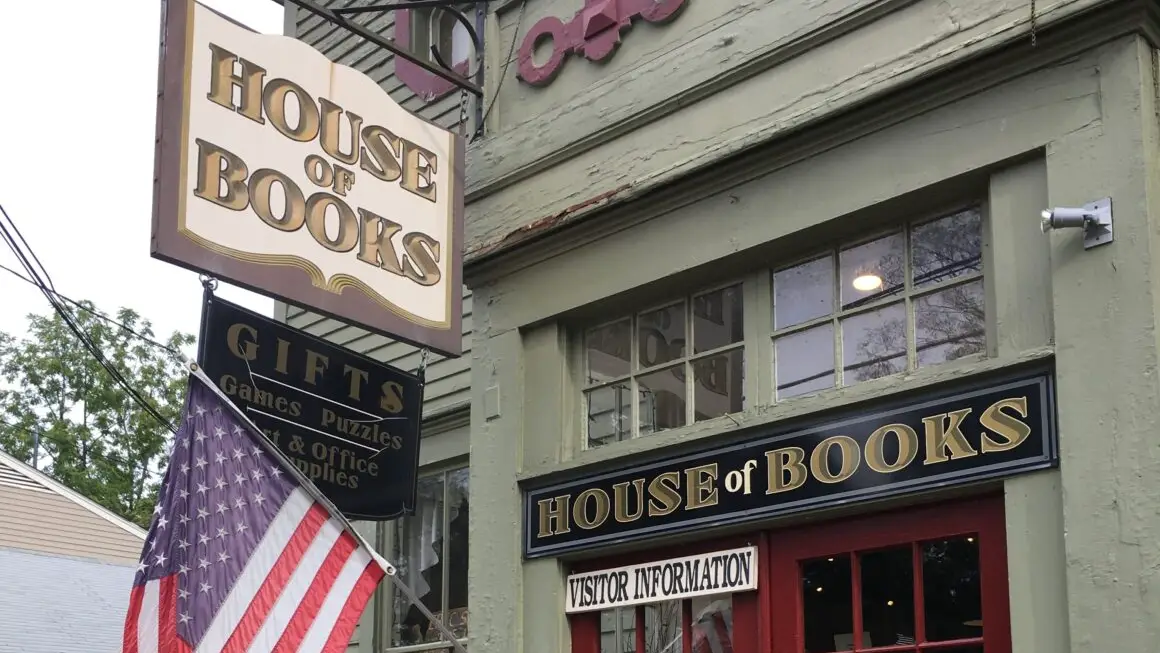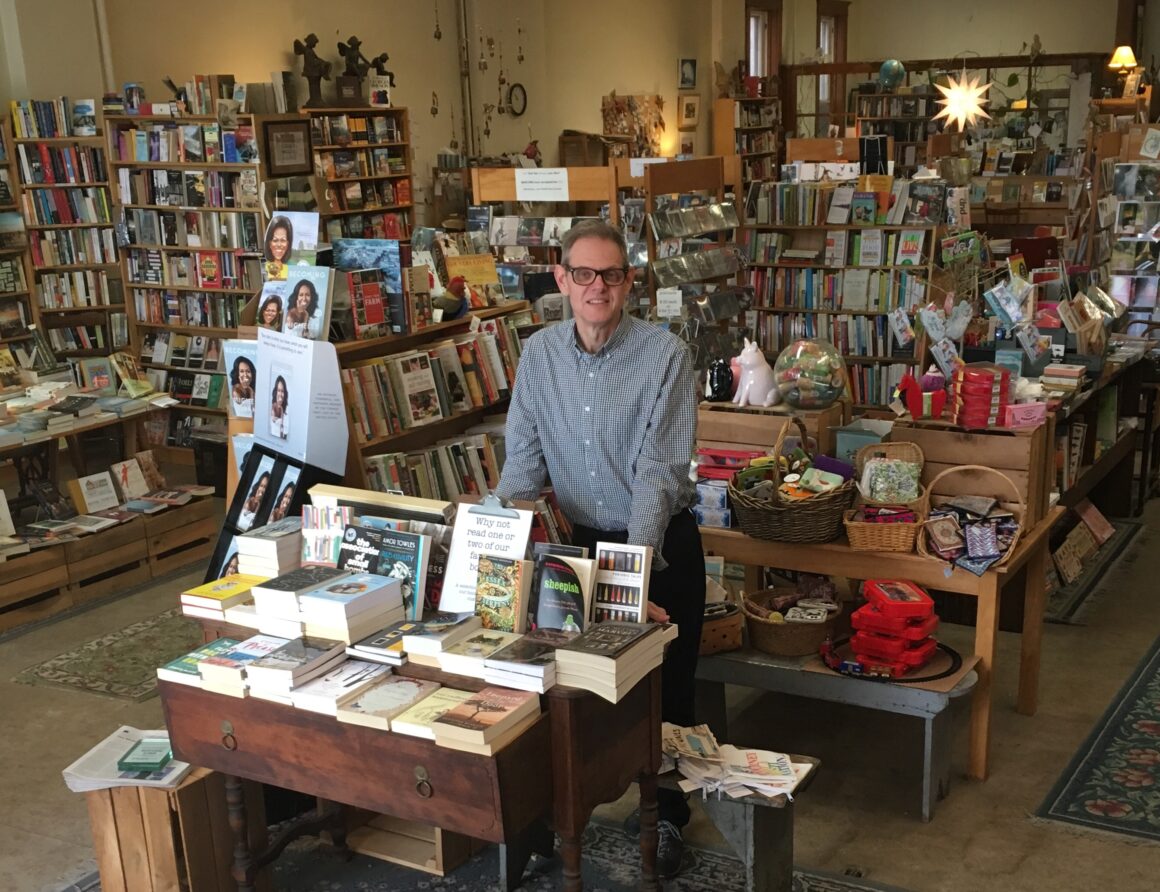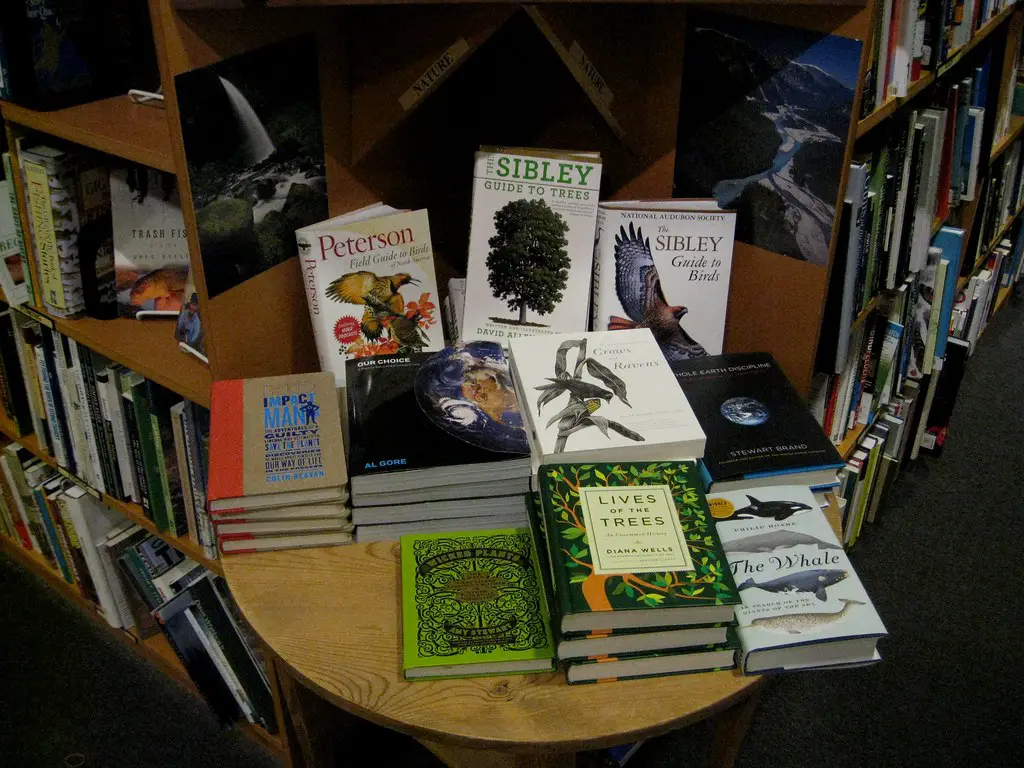One of the more rewarding moments for booksellers is getting the perfect book to its perfect reader.
Sometimes this can be done months before the book is actually released when the book buyer is pouring over the catalogues filled with hundreds or even thousands of titles from multiple publishers. Choosing the books for your store is a quite necessary task that will ensure whether or not your store is making money and drawing people’s attention. But what it also entails is that you curate relationships with your customers.
What Makes a Good Bookseller?
A good bookseller will know the interests of their customers—Do they love to read about the Civil War or World War II? Are they a fan of memoirs or murder stories? Are they fascinated by presidential biographies or changes in the tech world? Books on the universe can be a surprising hit and the self-help genre is always growing and evolving along with books on growing a garden.

The joy in browsing a well-stocked independent bookstore is the books! Just as a grocery store needs to provide many choices of different foods in all different departments, bookstores need to supply readers with an ample selection of book titles that will pique their reading interests over many genres. You want them to find what they’re looking for, but you also want to provide new and interesting titles that they would never expect.
Choosing What Books to Sell
I was asked thousands of times over the years of owning my store who was it that chose the book selections? “That would be me,” was my reply. I attributed it to my natural curiosity in that as long as it was well-written and engaging, no matter the topic, I wanted to read it. Many weekenders who lived part-time in NYC and had weekend homes in Connecticut would tell me that my book selections far surpassed the best bookstores in New York City. That was always the best compliment.
Selecting the books was easily one of the most time-consuming tasks I had but also one of the most enjoyable. When I ordered multiple copies from a popular writer, I was often sent an advanced readers copy (a bound paperback preview copy of the book sent by the publisher months before the release date), so I’d have time to read and review it before it came to the store. It’s a perk I sorely miss to this day!
I got help in this task from my publishing representatives whom I met with in person or had phone appointments with quarterly. It was their job to peddle their new books. Many of them became friends over the years.
I’d schedule phone calls months in advance and go over the digital catalogs on the Edelweiss system, which had replaced paper catalogs years ago. I’d talk to the reps about books they had read, what ones they liked or disliked, and, in turn, they learned what titles I’d be drawn to according to my customer base, my personal preferences, and the big potentially widely reviewed books scheduled for the mainstream newspapers or featured in book clubs.
Knowing What Books Do & Don’t Sell
It was time consuming, yet stimulating, and as I’d go through book after book, individual customers would come to mind who I knew would be interested in one particular title or another. I had an unusual gift of being able to remember who I had wanted to show the book to when it did come in, and I’d make sure I showed it to that customer. More often than not, they’d be taken by surprise and excited at the choice being seemingly made just for them. It was always important to me to carry all the newest big author titles and the politically controversial ones as well. I had a front display that many customers would joke they couldn’t possibly walk by without temptation getting the best of them.

The impulse for intellectual stimulation and knowledge often resulted in sales. Some books surprised me in their popularity, while others gained momentum over time by word of mouth or the magic of booksellers hand-selling. Some of the more well-reviewed books may not have sold and the quiet sleeper titles would fly off the shelf. Some prestigious authors fell flat, while other first-time authors hit the bestseller lists. The timing was also important. Some books had a short shelf life, while others, specifically the classics, were reliable favorites. A book had to earn its keep on the shelf similar to paying rent. And if it sat there for too long, when it did finally sell, a tough decision had to be made whether or not to reorder it.
It was a balancing act to keep a well-stocked bookstore and to closely monitor my inventory to ensure precious shelf space. As the years went by and eReaders and tablets became more popular, I saw the deepest drop in hardcover fiction sales. People weren’t as comfortable paying full price for a new novel in hardcover when they could buy the digital version for far less. And yet history titles stayed strong as they included footnotes and photographs that were lost in digital versions.
Psychology, science, and nature books always did well, as readers often like to go back and reread the information provided. And then there were always the books that made perfect gifts, the animal memoirs or stories for pet lovers, a new book of poetry, or a beautiful gardening or art book.

If books didn’t move at all within about nine months, I’d send them back to the publishers for credits, which would help buy the newer titles being released during the next quarter. This constant revising of the shelves was an important step for ensuring a well-stocked store of interesting, eclectic, and provocative selections for all kinds of readers’ tastes and sensibilities.
The Most Important Factor Is Knowing Your Customers
While on a family vacation for a week to Paris, one of my favorite customers who would often ask me to find books for him in Portuguese, French, or Spanish suddenly came to mind, as I realized I should have asked him if there were any books he’d like me to find for him in French. I was hitting every bookstore in Paris as it was, so why not make a sale overseas for the fun of it.
When I called my store and my employee got a hold of him, he was overjoyed that his local bookseller on another continent thought of such a thing and promptly gave me three titles to search for. I did end up finding one and then purchased one other for him as a gift. He was ecstatic. It was the personal connections that inspired loyalty in my customers and kept people connected to their bookstore. I guess you could say a book buyer’s job is never done.
